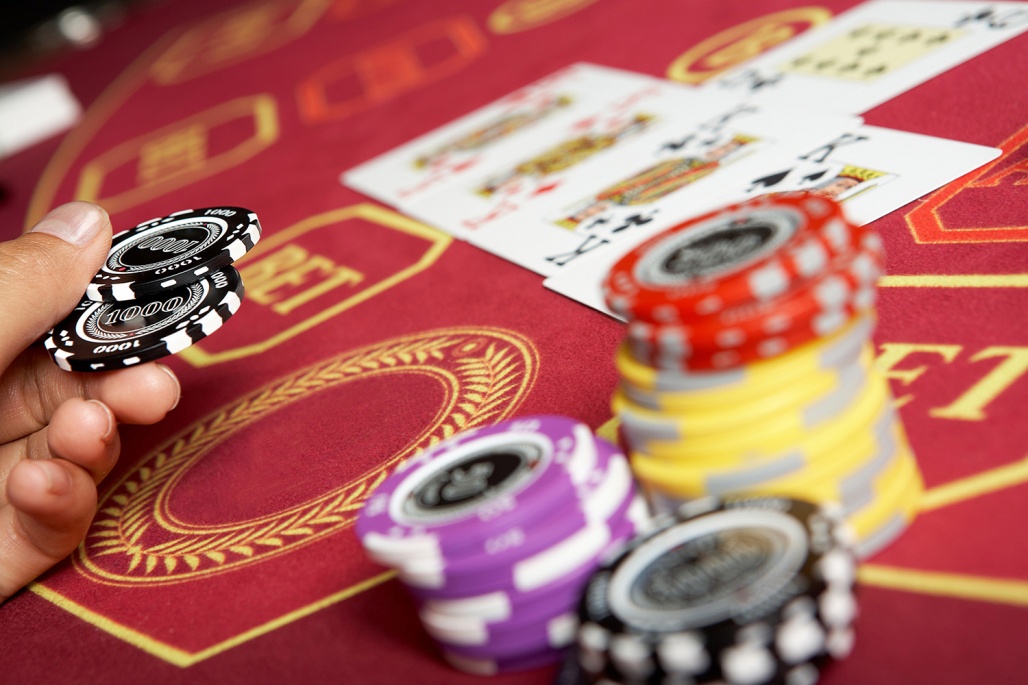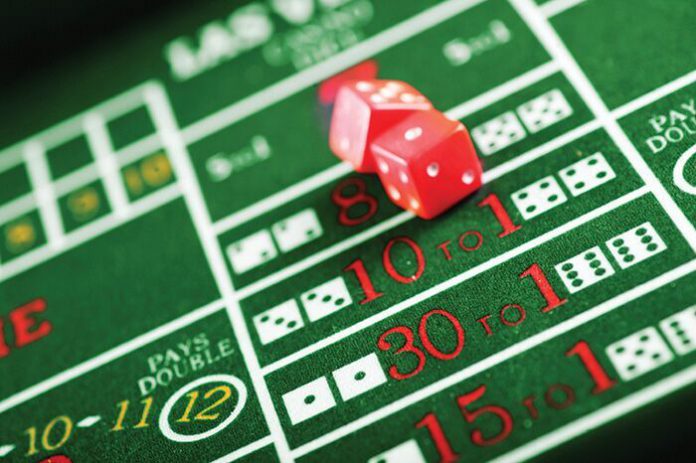
On September 8, 2022, I had the pleasure of participating in a webinar promoted by the France Macao Chamber of Commerce (FMCC), in partnership with Macau Business, revolving around the theme “Macau Gaming at Crossroads: The Public Tender and Beyond,” with Vitaly Umansky, Managing Director & Senior Analyst of Global Gaming for Sanford C. Bernstein, and Alidad Tash, Managing Director at 2NT8 Limited, that was moderated by Macau Business Director, José Carlos Matias. One of the key issues discussed at the webinar was the future of the Macau VIP gaming sector. Given the relevance of this sector, it is important to address it in more depth.
Some believe that the VIP market is dead in Macau. The main reason lies in the repression and criminal prosecution in 2021 & 2022 of some of the most relevant Macau gaming promoters—the Suncity Group (led by Alvin Chau) and the Tak Chun Group (led by Levo Chan). The VIP market operates 90%+ in Mainland China. For these analysts, with the said repression and criminal prosecution, the Chinese authorities have signalled clearly that they do not want Macau gaming promoters operating in Mainland China. Furthermore, there are indications that, on top of restrictions concerning outflows of capital, Chinese authorities are repressing visitation to Macau, via restrictions on visas granted.
It is important to assess if this analysis is accurate. Should one assume that the Macau VIP casino gaming market as we know it – i.e., based on bringing to Macau casinos rich patrons from Mainland China that gamble in VIP areas on credit granted to them by Macau gaming promoters – is dead and will not return? Although we are at a crossroads of uncertainty, the news on the death of the Macau VIP casino gaming segment has been greatly exaggerated. Let me explain why.
The first prior consideration, which is consensual, is that Macau casino gaming concessionaires cannot risk venturing into the direct gaming promotion for VIP patrons from Mainland China. The underlying risk for their concession and the possibility of incurring in operations violating the law might not bode well for the [required] suitability that these concessionaires and their mother companies need to have at all moments – in Macau and in other relevant jurisdictions.
This said, let me expound the reasons that should make us be not so pessimistic as regards the near future of the Macau VIP gaming promotion.
The first reason lies in the business relevance of this component of Macau casino gaming, as evidenced by the numbers of the last years of operation prior to the COVID-19 pandemic – 2017~2019. Macau VIP gross gaming revenue (GGR) in 2019 – taking “Baccarat VIP” game numbers as reference – was 135 billion HKD, which corresponds to 46.2% of total table games’ GGR; since Baccarat’s win is c. 3%, this involves wages of c. 4500 billion HKD; if one assumes the existence of side betting (as the Macau trial of Alvin Chau has shown to exist), the number is certainly higher. This means that, along the years, very large promotion networks have been working to bring to Macau rich patrons, mainly from Mainland China. The companies that have been running this segment of the market are not going to disappear overnight. More important, it is not likely that the vast networks of associated entities from Mainland China that have vested interests in this profitable line of business are willing to let go of this sizable source of revenue.

The second reason lies in the nature of the criminal charges brought in China against Macau gaming promotion companies’ executives. Mainland China law enforcement authorities have prosecuted and made criminal charges against leaders of two of the larger Macau gaming promoters – Suncity Group and Tak Chun Group. The criminal charges are allegedly related to online gaming operations run by top officers of these groups in third countries, outside China. They were unwise to ignore several warnings made by Chinese authorities through a long period of time. As far as one can see from available public information, there were no charges made by the Procuratorate of Wenzhou against Alvin Chau that concerns gaming promotion activity related to Macau. Until then, the Macau authorities, starting with the Gaming Inspection (DICJ), had never found any unlawful behaviour, let alone criminal practice, on any of these groups or their directors. However, given the high profile of the criminal charges brought against the leaders of the Suncity Group and the Tak Chun Group, the Macau law enforcement authorities felt embarrassed and, without pondering much the consequences of its hasty actions, arrested several directors of those companies and the Macau Public Prosecutor’s Office made a number of criminal charges against directors of those companies.
The third reason, somewhat linked with the prior one, stems from the absence of instructions given by China’s Central People’s Government regarding the lawfulness of the activity of Macau gaming promotion companies. As far as it is known, no instructions were given to prohibit Macau gaming promoters from operating in Mainland China. This has always been a grey area and probably will continue to be so.
The fourth reason lies in the fungibility of the Macau gaming promotion companies. If one looks at the last 20 years, we can see that Macau gaming promotion has not been a steady or stable activity. It has changed, evolved, and many new companies and players have popped-up. The most important part of this activity lies in the networks that exist within Mainland China. Both in the strict gaming promotion, and as concerns the gaming debts settlement or collection inherent to the gaming credit granted. It is possible, and probable, that there will be changes in the main Macau gaming promotion companies. But as long as rich Chinese patrons are interested in coming to Macau to gamble and for entertainment, the network providing services to them, including credit for gaming, will not disappear. The Macau gaming promotion companies are but the tip of the iceberg of those networks.
The fifth reason is political. With an unstable situation in Hong Kong, China needs Macau to be a successful case that can be shown to Taiwan and abroad, a good example that the “one country, two systems” policy works and helps the development of a Special Administrative Region. Notwithstanding the pressure for the diversification of Macau’s economy, the absence of critical mass by lack of local talent means that the gaming industry will continue to be the most important economic sector in the Macau SAR in the near future. To create too many obstacles and difficulties that hinder this industry is unwise, under penalty of jeopardizing Macau’s development as a successful case. Especially at a time where China’s economy is slowing down, with the inevitable repercussions on Chinese citizens’ disposable income and their propensity to spend.
This said, one should emphasize the importance of motivating Macau casino concessionaires and Macau gaming promoters to bring VIP patrons from other jurisdictions beyond China. The networks set up to attract VIP gamblers from Southeast Asia are very small; as regards other relevant jurisdictions in South Asia, Japan, South Korea, Russia, such networks are virtually non-existent. That should not be done by mere government imposition, rather by creating incentives, namely fiscal. Nonetheless, it is clear that the disdain shown thus far by the Macau casino concessionaires and the lack of network by the current Macau gaming promoters for other markets beyond China does not bode well for the creation of critical mass to this end and will render it a medium-term objective at best. Therefore, one has to assume that in the next years the Macau casino gaming VIP market will continue to be supplied essentially by patrons from China.
























